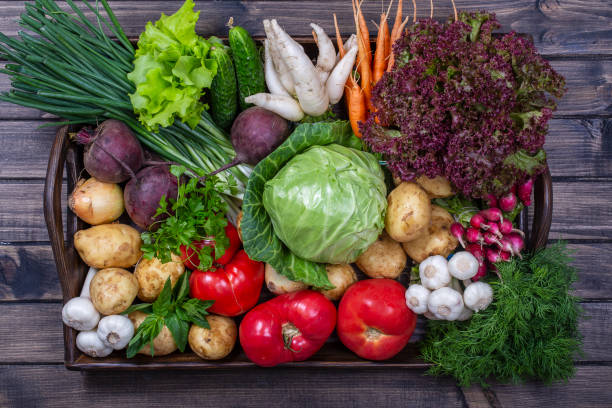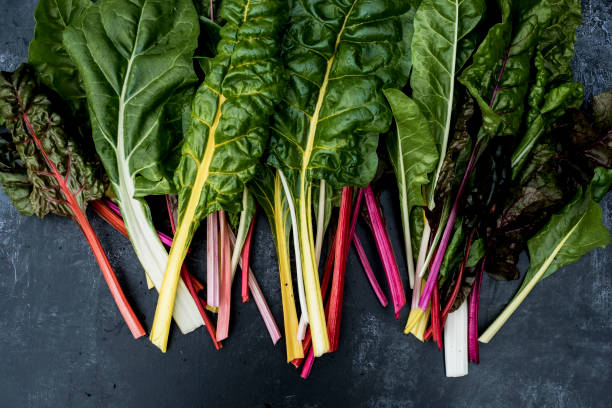
Oh, you think cinema popcorns are overrated? You think Cardi B is overrated? The truth is, what’s overrated and what’s not is a matter of opinion. However, one thing that certainly isn’t overrated is your lungs.
Your lungs are by far one of the most critical organs in your body. Degraded lung function –commonly typified by lung cancer, chronic obstructive pulmonary disease (COPD), and asthma – can significantly diminish the patient’s life quality.
So you see, it is vital to prioritize your lung function. Boosting your lung function exceeds staying a million miles off tobacco. It also involves eating a well-nourished meal optimized for improved lung function. There are some veggies that excel at this.
These are five veggies that boost lung function.
1. Swiss chard

Swiss chard is a healthy source of magnesium. A cup (36mg) of cooked Swiss chard supplies the body with 29mg of magnesium. This magnesium plays a critical role in improving lung function.
Aside from combating inflammation, such magnesium enhances the relaxation of the bronchioles. These are small tubes stationed in the lung’s air conduit system, ending in alveoli. By easing these bronchioles, magnesium – as contained in Swiss chard – reduces the chances of airway obstruction.
Research has consistently confirmed the role of leafy greens like chard in enhanced lung function. 18 studies have shown that Beta-carotene – abundantly contained in chard – downsizes one’s risk of lung cancer.
Guess what? One 3.5-ounce serving of Swiss chard is loaded with as much as 580 micrograms of retinol activity equivalents (RAE).
And to further assert that, Swiss chard can improve lung cancer survival rate, this leafy green is packed with








